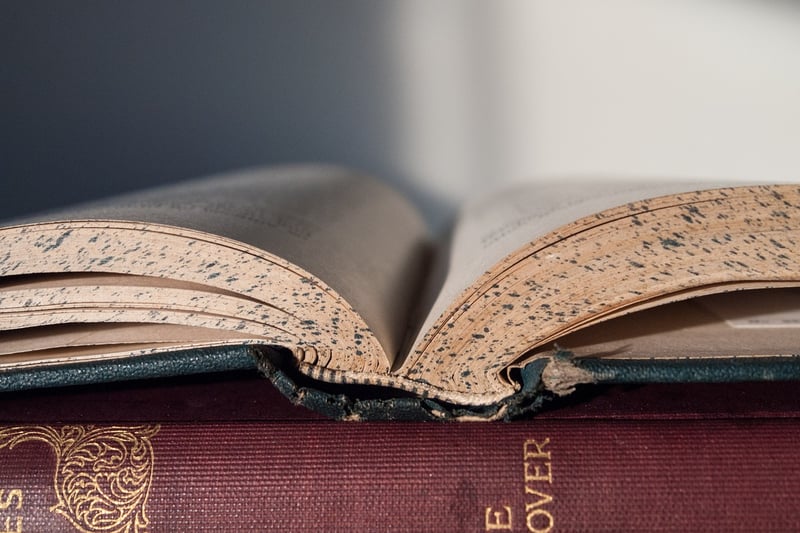Historical Accuracy
The Importance of Historical Accuracy in Informative Content
When it comes to creating informative content, especially in historical contexts, accuracy is paramount. The importance of maintaining historical accuracy cannot be overstated, as it not only upholds the integrity of the information but also helps readers gain a deeper understanding of the subject matter.
Why Historical Accuracy Matters
Historical accuracy ensures that the information presented is credible and reliable. It builds trust with the audience and establishes the content creator as a knowledgeable source. Inaccurate historical information can lead to misconceptions, perpetuate myths, and distort our understanding of the past.
Benefits of Historical Accuracy
- Education: Accurate historical content provides valuable educational opportunities, allowing readers to learn about the past with confidence in the information presented.
- Preservation: By maintaining historical accuracy, we contribute to preserving and honoring the legacy of past events, figures, and cultures.
- Engagement: Historically accurate content engages readers on a deeper level, sparking curiosity and encouraging further exploration of the subject matter.
Ensuring Historical Accuracy
Research is key to ensuring historical accuracy in content creation. Fact-checking sources, consulting reputable historians, and cross-referencing information are essential steps in the process. Additionally, using primary sources and citing references can further enhance the credibility of the content.
Conclusion
Historical accuracy is a foundational aspect of creating informative content. By prioritizing accuracy, content creators contribute to a better-informed society and help preserve the integrity of historical narratives for future generations.

Image source: Pixabay
